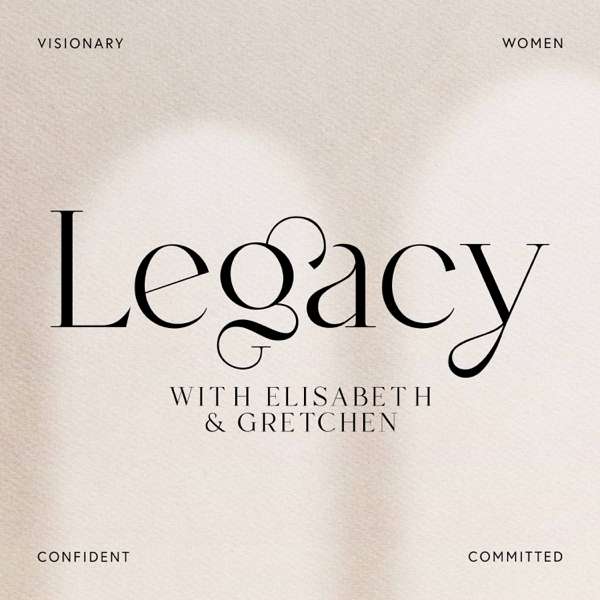Over 100 years ago, Chicago led the way in establishing separate courts for young people who committed crimes. These Juvenile Courts, soon in operation in every state, had two interrelated aims: The first was to separate adolescent offenders from adult criminals. The second aim was to help young offenders to grow up to become law-abiding citizens, although we knew much less than we thought we did about how to do this. In recent years, we have learned a great deal from psychologists and brain scientists about how young people develop and what affects that development, and that knowledge has increasingly been reflected in law and practice within the juvenile justice system. These insights have not, however, been brought to bear on the court process itself. The focus of my research is on young people's experience with the court process, and how that experience can foster or impair their development.
A substantial body of social science focused on adults suggests that their experience in court had an important impact on their attitude about the law, generally, and their obligation to obey the law. Stated very simply, if adults believe they have been shown respect in court and have had an opportunity to participate meaningfully in a fair process, they are more likely to think of the law and law enforcement as legitimate, and are more likely to feel obligated to obey the law. Our understanding of child development, in general, and children's social development, in particular, predict that these "procedural justice" effects should be even stronger in children, and the limited studies looking at this effect, to date, offer some support for this prediction. If a court experience can have any developmental impact on young people, however, we should be very concerned about young people's current experience in juvenile court. Even in courtrooms filled with conscientious professionals, the juvenile court process conveys a disregard for young people and prevents their meaningful engagement in a process purportedly designed to address their needs. I bring together the optimism created by the procedural justice literature with a pessimistic portrayal of the current juvenile court process to argue for some experimentation with substantial reforms.
Emily Buss is Mark and Barbara Fried Professor of Law at the University of Chicago Law School. This talk was recorded February 28, 2014, as part of the Chicago's Best Ideas lecture series.

 Our TOPPODCAST Picks
Our TOPPODCAST Picks  Stay Connected
Stay Connected







